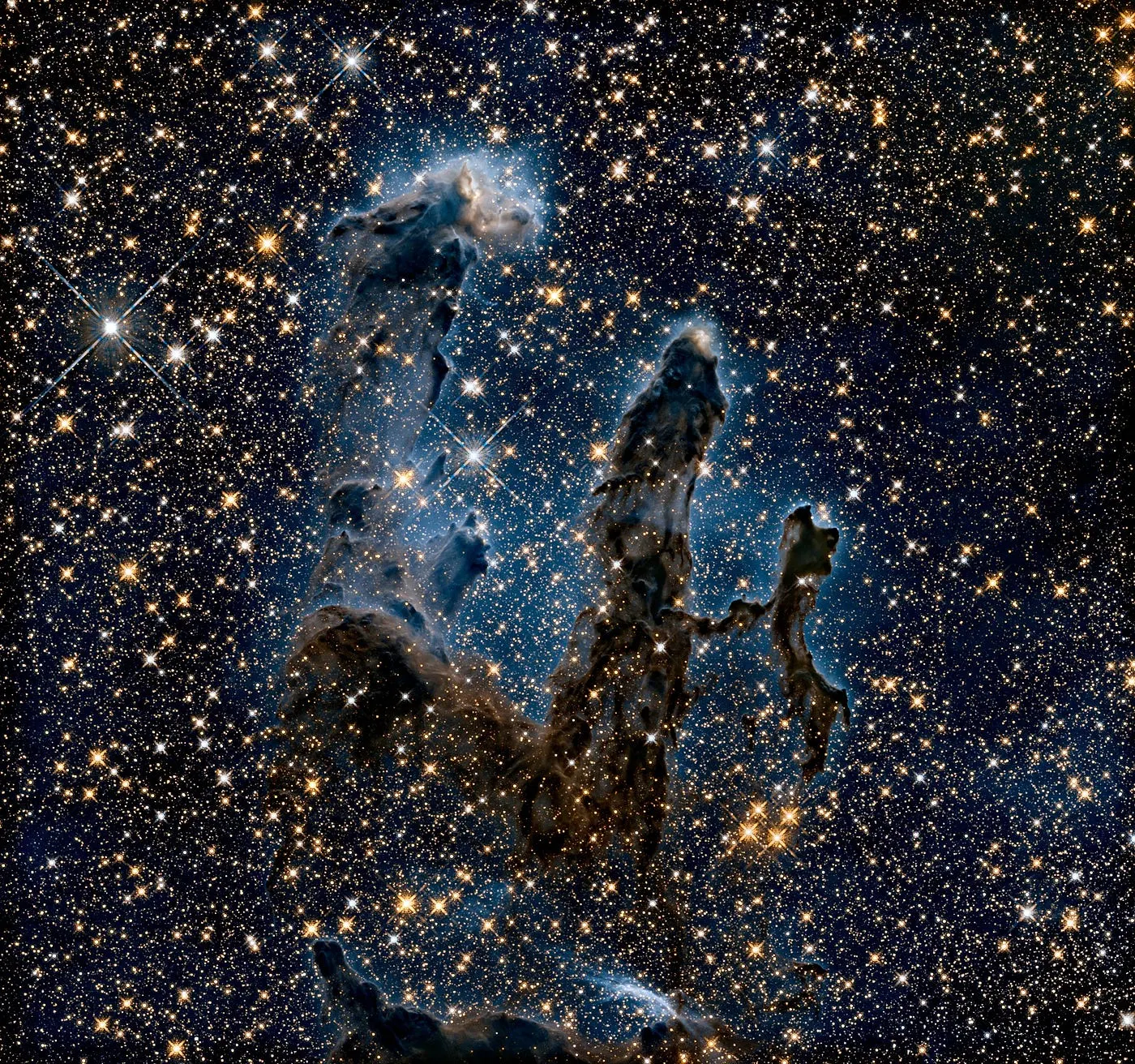Multiverse Theories: Are We Alone in This Universe?
Multiverse Theories: Are We Alone in This Universe?
The question of whether we are alone in the universe has intrigued humanity for centuries. From philosophical musings to scientific explorations, our quest to understand our place in the cosmos continues to evolve. One of the most compelling ideas that challenges our perception of reality is the concept of the multiverse. But what is the multiverse, and does it suggest that we are not alone? Let’s delve into the fascinating theories and their implications.
What is the Multiverse?
The multiverse theory posits that our universe is just one of many universes that exist simultaneously. These universes, often referred to as "parallel universes," may differ in fundamental ways—ranging from having alternate physical laws to subtle variations of our reality.
Types of Multiverse Theories
Bubble Universes
According to the theory of eternal inflation, our universe is one "bubble" within an infinite cosmic foam. Other bubbles may exist, each forming their own distinct universe with unique properties.- Example: In one bubble, the speed of light might differ, altering the physics and chemistry of existence.
Many-Worlds Interpretation
Rooted in quantum mechanics, this interpretation suggests that every quantum event spawns a new universe. This means every decision you make creates a parallel world where you chose differently.- Example: In one universe, you chose a career in medicine; in another, you pursued art.
Mathematical Universes
Theoretical physicist Max Tegmark suggests that mathematical structures exist as physical realities in separate universes. If a mathematical framework can describe a universe, it likely exists somewhere in the multiverse.Brane Multiverse
String theory introduces the idea that our universe exists on a 3-dimensional "brane" within a higher-dimensional space. Other branes might host their own universes, parallel to ours but unreachable.
Implications of the Multiverse
The idea of multiple universes significantly impacts our understanding of existence, including the possibility of extraterrestrial life and alternate forms of intelligence.
Are We Truly Alone?
If the multiverse exists, the likelihood of life in other universes increases. While our universe might be finely tuned for life, other universes may host conditions that support vastly different life forms—or none at all.
Ethical and Philosophical Questions
- Free Will: Does the many-worlds theory suggest that every possible choice is inevitable in some universe?
- Purpose: If infinite universes exist, does our existence hold unique significance, or are we merely one among countless realities?
Scientific Evidence and Debate
The multiverse remains a theoretical construct, largely because its existence is difficult to test or observe directly. However, some indirect evidence and hypotheses hint at its possibility:
Cosmic Microwave Background Radiation (CMB)
Unusual patterns in the CMB—relic radiation from the Big Bang—might suggest collisions with other universes.- For more information, see NASA’s CMB research.
Fine-Tuning Argument
The precise physical constants of our universe seem improbably fine-tuned for life. The multiverse offers an explanation: among countless universes, at least one would naturally have the conditions to support life.Quantum Mechanics
Quantum phenomena, like wavefunction collapse, underpin the many-worlds interpretation. To learn more, visit MIT’s Quantum Information Science page.
Cultural Influence and Popular Media
The multiverse has captivated popular culture, inspiring countless books, movies, and television shows. From Marvel's Doctor Strange in the Multiverse of Madness to science fiction classics like Philip K. Dick’s The Man in the High Castle, the idea of alternate realities challenges and entertains.
The Future of Multiverse Research
While the multiverse theory sparks the imagination, its scientific acceptance requires significant breakthroughs. Advancements in technology, such as quantum computing and deep space exploration, may one day provide clues—or refutations—of these ideas.
For now, the multiverse remains a tantalizing concept that invites both scientific inquiry and philosophical reflection. Whether we are alone in this universe—or part of an infinite cosmic ensemble—our search for understanding continues.
References
- Tegmark, Max. Our Mathematical Universe: My Quest for the Ultimate Nature of Reality.
- Carroll, Sean. The Big Picture.
- Greene, Brian. The Hidden Reality: Parallel Universes and the Deep Laws of the Cosmos.
Outbound Links




Comments
Post a Comment